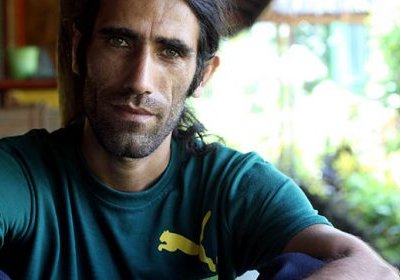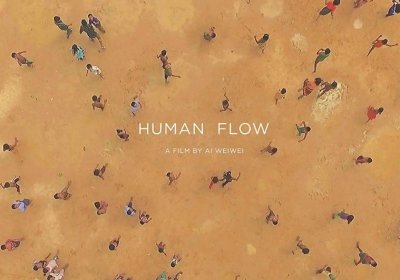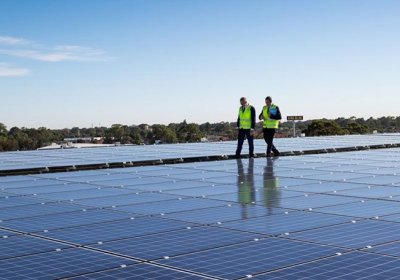A group of 29 refugees, including eight children, became the fifth group of refugees to escape detention when they left Nauru on March 4 for resettlement in the US. The group consisted of Sri Lankan, Rohingyan and Afghan families, and single men from Sri Lanka, Afghanistan and Pakistan.
Since the US resettlement deal began in September a total of 139 refugees have left Nauru and 85 have left Manus Island.











